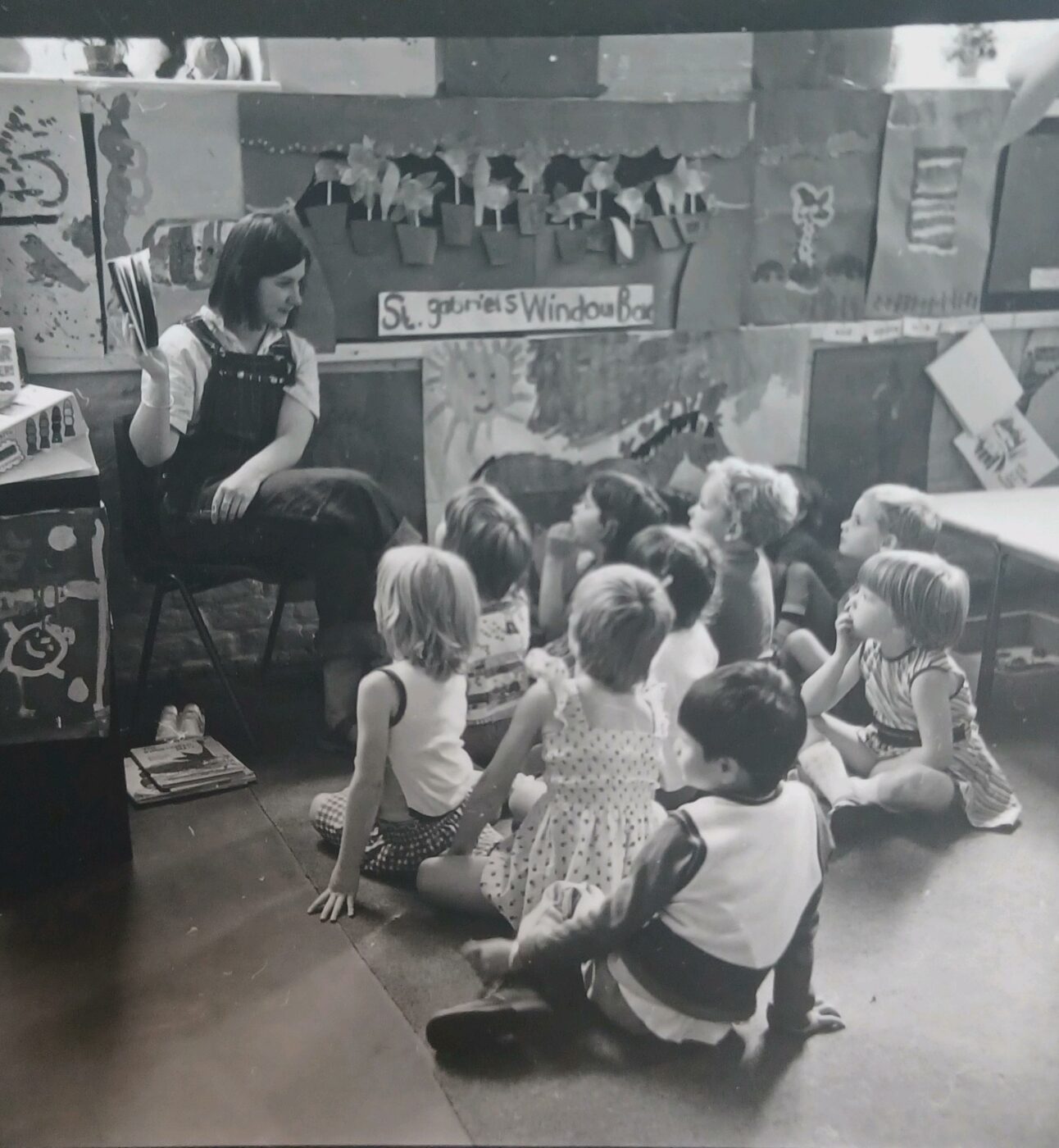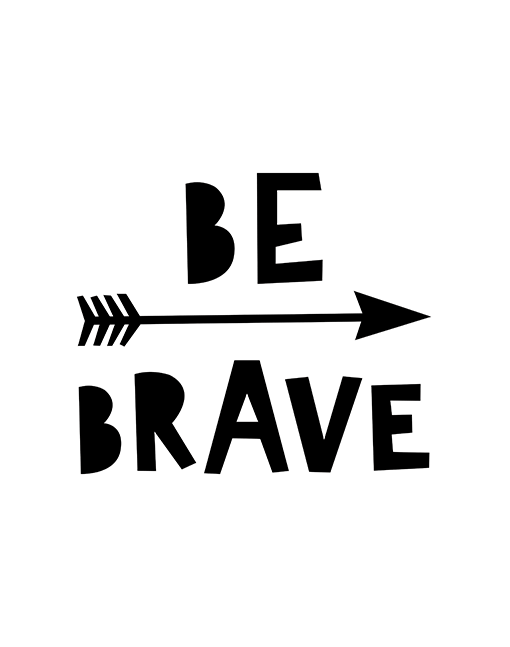
Talking Early Years: Celebrating 120 Years at LEYF
The Year That is 2023 – This year, we are proud to celebrate 120 years of LEYF. It’s been fascinating to reflect back on what has changed over…
March 4th 2012
In stark contrast to last Sunday when I sat in a warm Havana, sipping cocktails and enjoying live Cuban music, today I could only muse on my recent trip which had all the elements of what I consider a good holiday: history, architecture, warmth, music and variety. Of course, the icing on the cake was the constant images of Che Guevara in his prime, undoubtedly the best looking politician ever in my book. Like James Dean and Marilyn Monroe who died too young, he is forever sanctified in his youth and spared the inevitable decline into middle age and all the jowls and paunches that brings.
For years, I have been fascinated by the ability of Cuba to hold off the Goliath that is global capitalism and manage the dislike of so many successive American governments; an island of socialism in a sea of apparent democracy and free enterprise. Being there has not explained everything, but two things did strike me quite forcibly – especially in the light of recent rhetoric from our politicians about finding newer, more palatable forms of capitalism. Firstly, the power of leadership to sustain the will and support of its people despite challenging circumstances. Secondly, the ability to embed the philosophies identified in 1959 by Che Guevara and Fidel Castro et al into a set of practical and effective policies; policies which have led to a highly educated Cuban population sustained on a very limited economy.
Before the revolution, 73% of the population were illiterate. In 1961, two years after the revolution and with the support of young student and already qualified teachers, one million people had learned to read and write. Later on, courses and other necessary steps were taken in a constant effort to bring literacy to 100% of the population, despite a shortage of school supplies, spending 10% of the GDP on education, which is 4 to 5% higher than that recommended by UNESCO.
Wilson and Pickett in their book The Spirit Level (2009) reminded us in no uncertain terms that the more equal the society, the happier the people. This seems to be a principle very much alive and well in Cuba. Compared to those Latin American countries operating under a more Western influence, it certainly appeared more equal, safer and politically egalitarian. I personally found many things to appreciate, including a complete lack of billboards, marketing messages and advertisements, and the fact that not every street was dominated by shop fronts and that, right or wrong, people knew their history. I also saw children playing until late at night and families feeling very at ease everywhere they went. Cars were few which meant that the speed and stress of traffic was still absent. No doubt, this is a frustration for the Cuban population, especially outside Havana, as they wait at the side of the road for cars to pick them up. (Car sharing is a must in Cuba and a system is in place to ensure it happens.) There was chatting and conversation everywhere we went across Cuba, coupled with a real sense of community.
As for education, it clearly counts and is valued: all the same uniforms, all local schools, a national curriculum and life long education free at the point of entry till you die. According to Fidel Castro, the work of education is perhaps the most important thing the country should do.
When we popped into one rural school, the children had far less resources, but they were engaged, learning and calm. Action research is built in as a means of improving teaching and classroom performance, and 20% of teacher time is allocated to helping parents. (In particular, they appear to have recognised the importance of engaging with parents to embed learning at home.)
As we left, all the children stood up and sang us the National Anthem, verse perfect, which amused me no end and was a change from Guantanamera sung everywhere else. Despite the mutual dislike of America, maybe there is some common ground on education, especially if the thoughts of John F. Kennedy still abide:
Our progress as a nation can be no swifter than our progress in education. The human mind is our fundamental resource.
Congress on Education, February 1961.
Of course, Cuba has still got its issues: it’s hard to get in there and even harder to get out; food is not great and infrastructure poor, whilst some of the horses are far too thin and stray dogs far too frequent. But there are certain things to be found there which we would do well to re-consider. According to Wilson and Pickett, Cuba is the only country in the world that manages to combine acceptable living standards with a sustainable economy, and despite a much lower living income, its life expectancy and child mortality are the same as in the US.
So amongst other things, my recent holiday reaffirmed to me that money and celebrity does not bring happiness, real political engagement is something we must strive for and education counts.
Back home, despite news that child poverty is increasing, numeracy rates remain very poor among adults and the challenge of funding early childcare is picked up by Panorama, the story most read by the public was that Angelina Jolie has exposed her leg in a cut through dress. I rest my case…

The Year That is 2023 – This year, we are proud to celebrate 120 years of LEYF. It’s been fascinating to reflect back on what has changed over…

The other night I was watching my new late-night Netflix addiction, How to Get Away With Murder. I have reached Series 5 where the main protagonist, Annaliese Keating is…

We all know that the Tiger comes to Tea but we have never had a Duchess come to Breakfast. https://www.youtube.com/watch?v=-6hzbLzcprE The Duchess of Cambridge lightened up our…